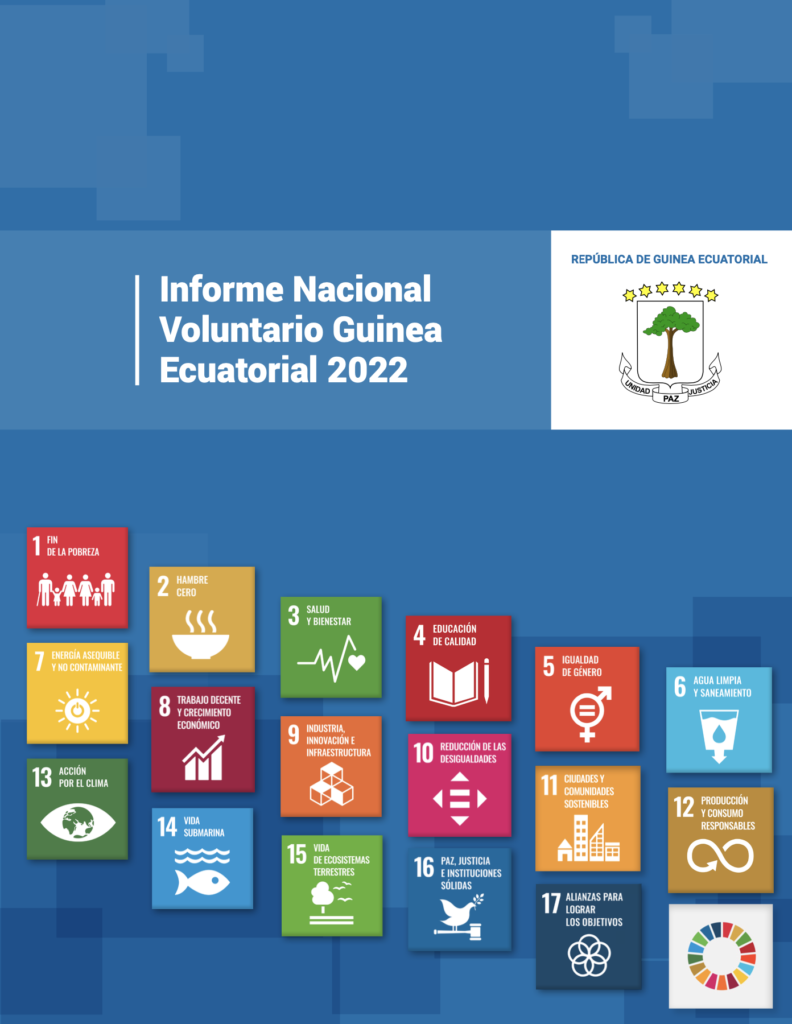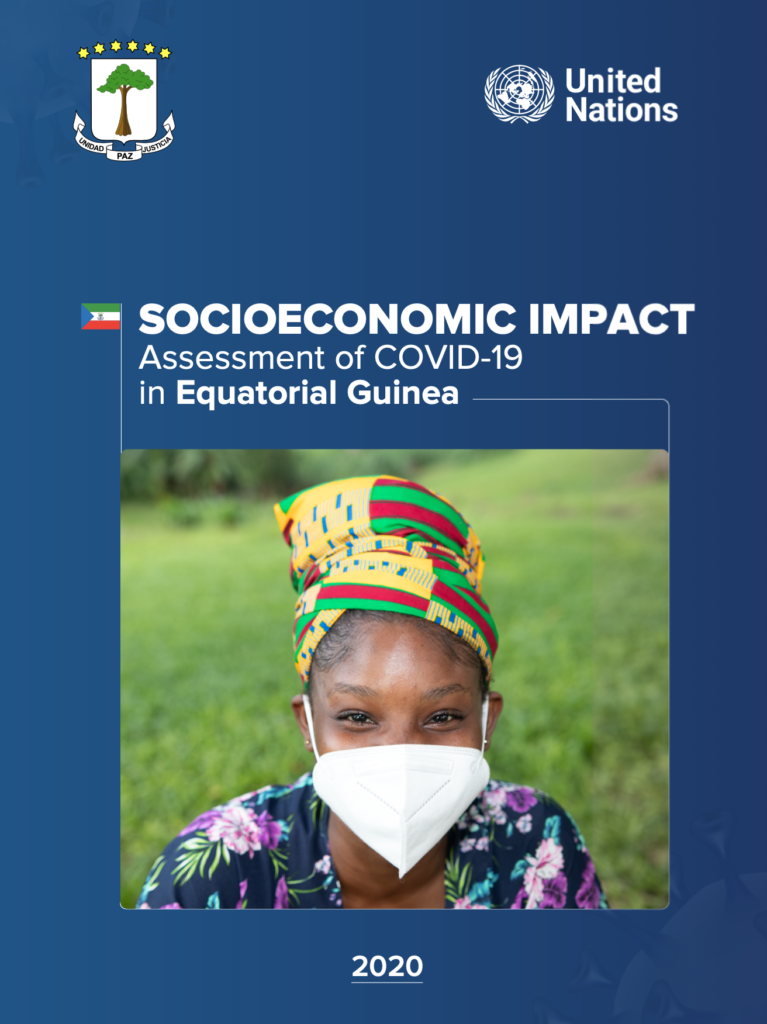Equatorial Guinea
1.8
Population 2023 (Millions)
0.7
HDI Score
2022 (Max. 1)
N/A
SDG Score
2023
(Max. 100)
N/A
Gender Inequality
Index Score
(Max. 1)
N/A
Internet Inclusivity
Index 2022
(100 countries)
Overview
Projects

- Equatorial Guinea, Sub-Saharan Africa (SSA)
- May - June 2024
- AI and Statistics for the SDGs
- Partner(s): Government of Guinea Ecuatorial, UN System Equatorial Guinea, UNDP Equatorial Guinea (Funder)
DPA provided comprehensive support to Equatorial Guinea in developing their Second Voluntary National Review (VNR). Over a six-week sprint, DPA undertook multiple tasks including reviewing and adding information, conducting research, and creating presentations, to support the finalization of the VNR. Key contributions by DPA included:
(1) Document review and improvement through revision and suggestion of improvements for how the country presented its public policies and programs related to the SDGs;
(2) Budget alignment assessment and innovative use of LLMs, by conducting the first assessment of the alignment between the SDGs and the national budget. The team used large language models (LLMs) for budget classification of the SDGs, demonstrating that such technology can facilitate complex and systematic assessments;
(3) Presentation and preparation of content used by the Minister of Planning at the High-Level Political Forum (HLPF) in New York City;
(4) Data compilation and analysis of information related to more than 36 SDG indicators; and
(5) Design of the entire VNR document.

- Equatorial Guinea, Sub-Saharan Africa (SSA)
- January 2022 - February 2023
- AI and Statistics for the SDGs
- Partner(s): Government of Guinea Ecuatorial, UN System Equatorial Guinea, UNDP Equatorial Guinea (Funder)
Equatorial Guinea adopted the 2030 Agenda for Sustainable Development Goals (SDGs) with the aim of eradicating poverty, protecting the planet and enabling all people to live in peace and prosperity. Undertaken in partnership with the Government of Equatorial Guinea and UNDP Equatorial Guinea, the work contained in this report presents the progress made towards the Agenda 2030 and how to mobilize the resources necessary for its implementation through partnerships and inclusive planning. Based on this commitment, DPA contributed to the first VNR in the country in order to present a self-assessment on progress related to achievement of the SDGs.

- Equatorial Guinea, Sub-Saharan Africa (SSA)
- May - October 2020
- Resilient Livelihoods and Ecosystems
- Partner(s): ADE (Funder), UNDP Equatorial Guinea (Funder)
In partnership with the United Nations Development Program (UNDP), ADE, and following the formal request of the Ministry of Foreign Affairs, this project aimed to evaluate the initial effects of the COVID-19 pandemic on the country. Through rapid macroeconomic and fiscal analysis, sectoral analysis (agriculture, tourism, ICT, education, and health), and analysis of socioeconomic vulnerability and expected impacts of the crisis on the Sustainable Development Goals (SDGs), DPA produced a report with key recommendations to help the country recover and reduce vulnerability (applicable to subregions). DPA’s work focused on understanding the effects of COVID-19 and coordinating a response based on five pillars:
(1) Putting health first;
(2) Protecting people through social protection and basic services;
3) Promoting social cohesion and community resilience;
4) Supporting the macroeconomic response, and
5) Fostering multilateral collaboration.
All of this was done with the objective of advancing towards the SDGs, with the premise of leaving no one behind.
